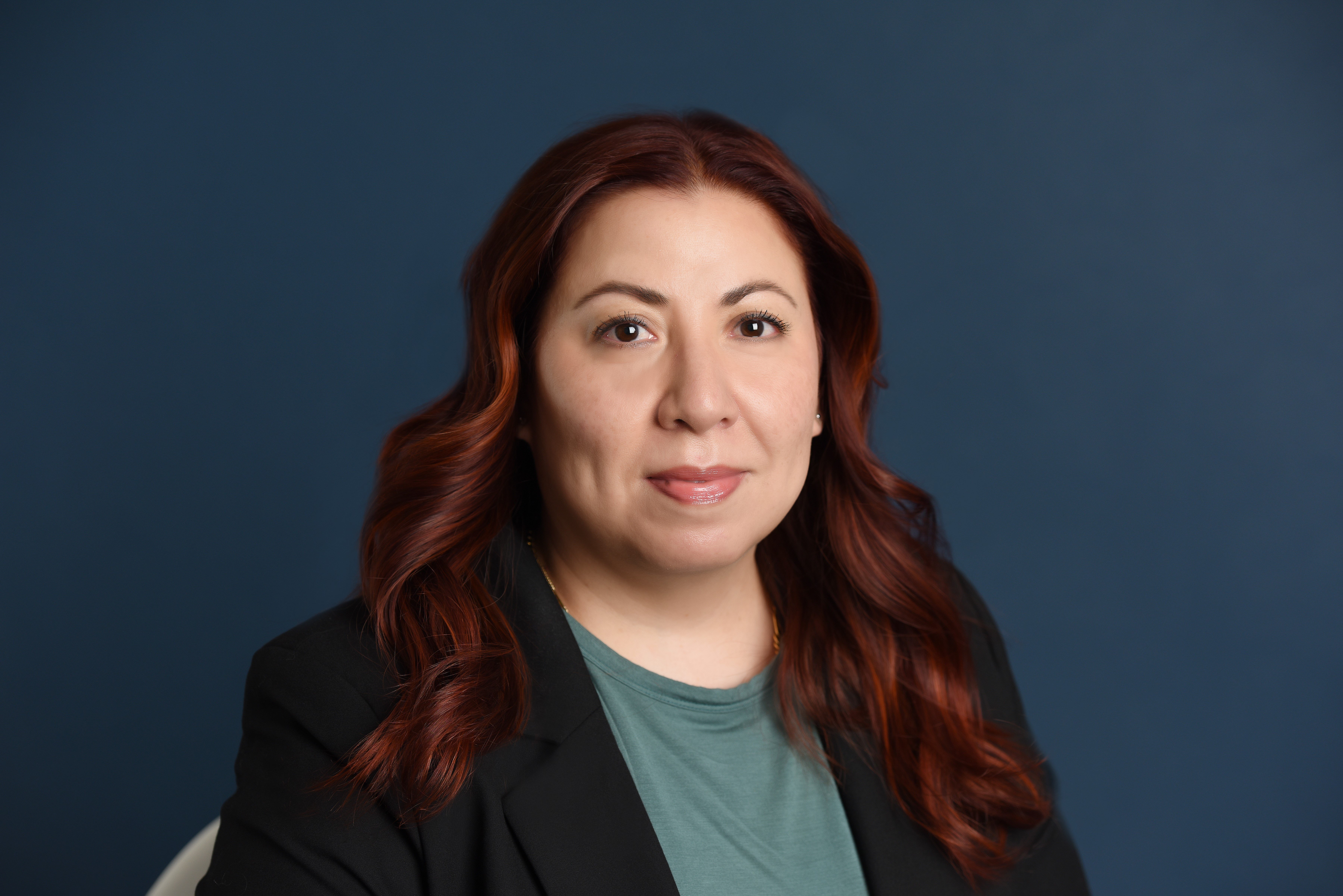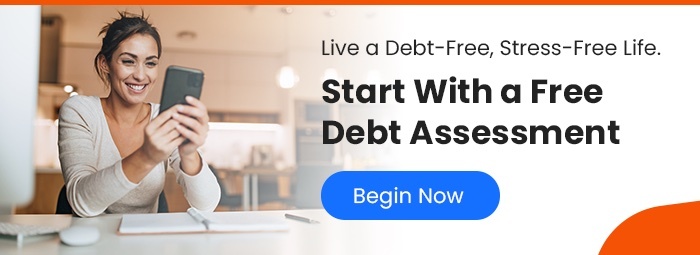
Have you ever been job hunting, only to discover that every job you want requires experience you don’t have? It might leave you wondering how you're supposed to get experience if you need experience to get it. Well, consolidating debt when you have bad credit isn’t much different— you typically need good credit, but you probably don't have the greatest credit because of your debt. It's a Catch-22. But don't you worry; we'll show you the loopholes.
Many debt consolidation options require you to have good credit, but most people with good credit aren’t looking to consolidate their debt. It’s typically people with poor credit who are looking to find a way out of their financial hole, who need help and look at options like debt consolidation. Here are some ways to try to consolidate debt when your credit isn't stellar; not every option will work for everyone, but each may be worth exploring.
1. Borrow From a Loved One
While I don’t necessarily recommend this avenue, I wouldn't be doing my due diligence if I didn't mention it. Why do I hesitate? Because loans from loved ones can destroy relationships if they're not paid back in a timely manner. But, if your debt is on the low end of the spectrum, and you’re working regularly and thus able to make payments, it’s worth considering. I’d recommend even putting the loan and the payback details in writing; this will give the loaner a sense of security and also hold you to the promise.
2. Get a Cosigner
If you are denied a loan, you may be able to get it with the help of a co-signer, assuming they have good credit. (Co-signing isn’t unusual; parents co-sign for their children all the time.) While this is probably a better option than asking a friend or family member for a loan, you’ll want to be sure you can make good on the monthly payments. Defaulting on a payment will damage your loved ones’ credit rating and score, and as a result, potentially your relationship with them.
3. Transfer Balances
Many credit cards offer a 0% initial interest rate for balance transfers made during the first 12-24 months. You may want to consider transferring the balances of high interest credit card debt to a no-interest card for a year or two, and try to pay off as much of it as possible during that time. This results in one easy payment, and with no interest accumulating, you can save a lot of money and pay off debts much faster. Of course, to qualify for a balance transfer card you typically need to have at least an average credit rating. If you have bad credit, this may be another opportunity to pull in a co-signer. A word of caution: After the initial 12-24 month period, the annual percentage rate (aka interest rate) may skyrocket to levels above what you’re currently paying on your individual credit cards. So, if you decide to do a balance transfer, make sure you can clean up that debt within the 0% time frame.
4. Take Out a Home Equity Loan
Also known as a second mortgage, a home equity loan lets you use the equity you’ve built up in your home as collateral for a loan. This is one of the cheaper debt relief options because it’s usually a low-interest loan, and many people use the money from a home equity loan to pay off credit card debt. If you decide to take this route, be sure your income will remain steady; because if you fall behind on payments you risk losing your home. (Ouch!) Also keep in mind that credit card debt is eligible for bankruptcy, while home equity loans are not.
5. Consider a Consumer Proposal
A consumer proposal is still considered insolvency but it's better than claiming bankruptcy. It requires that you pay your creditors a portion of what you owe within a certain time period, so you will still need to have an income or assets, and that just might not be the case for many people struggling. Proposals are also legally binding, so defaulting on one will result in legal action that could make a bad situation worse.
6. Look Into Debt Consolidation Loans
Acquired through a bank, credit union, or finance company, a debt consolidation loan can be used to pay off numerous secured and unsecured debts, so only one monthly payment needs to be made to the loaning institution (and hopefully at a lower interest rate). However, to get a debt consolidation loan you generally need to have a good credit score (a recurring theme for many of these options) which few people in serious debt do, making this option unlikely. As an alternative, you may want to look at option #2 and get a co-signer for a debt consolidation loan.
7. Try a Debt Consolidation Program
A Debt Consolidation Program involves rolling all of your debt into one monthly payment through a credit counselling agency (they should be non-profit). A certified credit counsellor then negotiates with your creditors, on your behalf, to reduce or stop the interest on your debt. They'll also negotiate a lower monthly payment for each of your creditors. The good news is you don't need good credit for a Debt Consolidation Program; it's available to everyone. All you need to worry about is making your new lower monthly payment every month on time and in full. And after completing the Program, you'll get steps on how to rebuild your credit. It's win-win across the board.
Consolidating debt when it's gone bad can be a great option, but if you're looking for some free expert advice on what might be the best option specifically for you given your situation, give us a call at 1.800.267.2272 and we'll hook you up with a free counselling session with one of our certified (non-profit) counsellors. You'll get all the info you need to make the best decision for you, and it's free. We're always happy to help, because it's just what we do.

Frequently Asked Questions
Have a question? We are here to help.
What is a Debt Consolidation Program?
A Debt Consolidation Program (DCP) is an arrangement made between your creditors and a non-profit credit counselling agency. Working with a reputable, non-profit credit counselling agency means a certified Credit Counsellor will negotiate with your creditors on your behalf to drop the interest on your unsecured debts, while also rounding up all your unsecured debts into a single, lower monthly payment. In Canada’s provinces, such as Ontario, these debt payment programs lead to faster debt relief!
Can I enter a Debt Consolidation Program with bad credit?
Yes, you can sign up for a DCP even if you have bad credit. Your credit score will not impact your ability to get debt help through a DCP. Bad credit can, however, impact your ability to get a debt consolidation loan.
Do I have to give up my credit cards in a Debt Consolidation Program?
Will Debt Consolidation hurt my credit score?
Most people entering a DCP already have a low credit score. While a DCP could lower your credit score at first, in the long run, if you keep up with the program and make your monthly payments on time as agreed, your credit score will eventually improve.
Can you get out of a Debt Consolidation Program?
Anyone who signs up for a DCP must sign an agreement; however, it's completely voluntary and any time a client wants to leave the Program they can. Once a client has left the Program, they will have to deal with their creditors and collectors directly, and if their Counsellor negotiated interest relief and lower monthly payments, in most cases, these would no longer be an option for the client.







